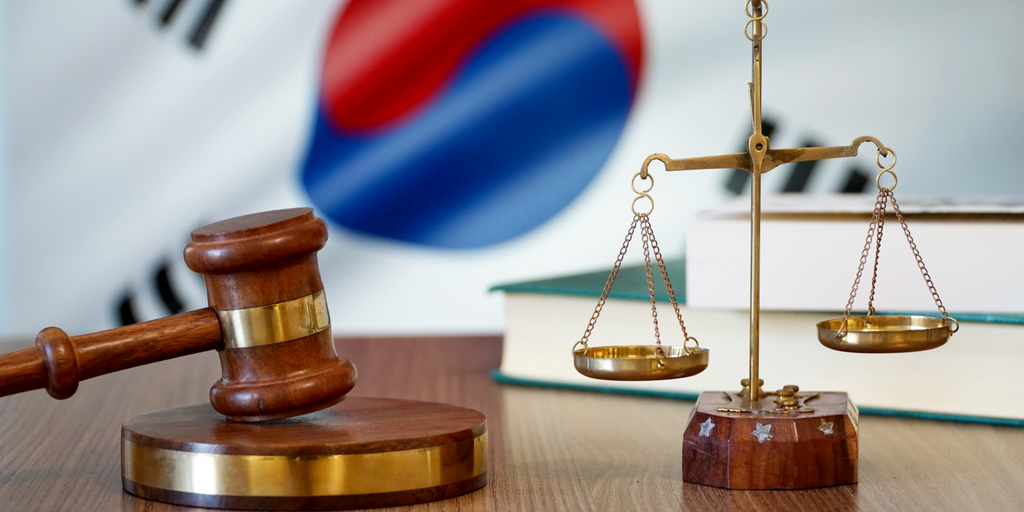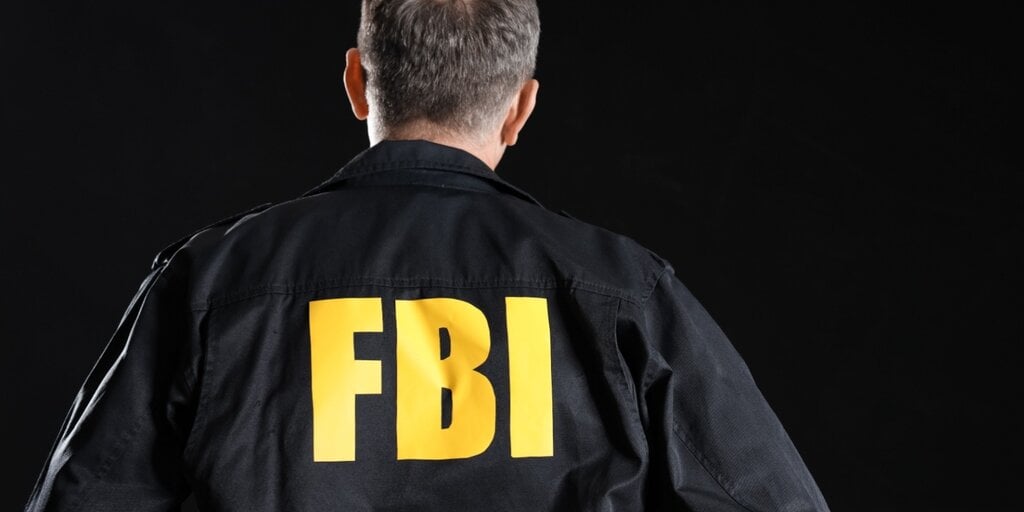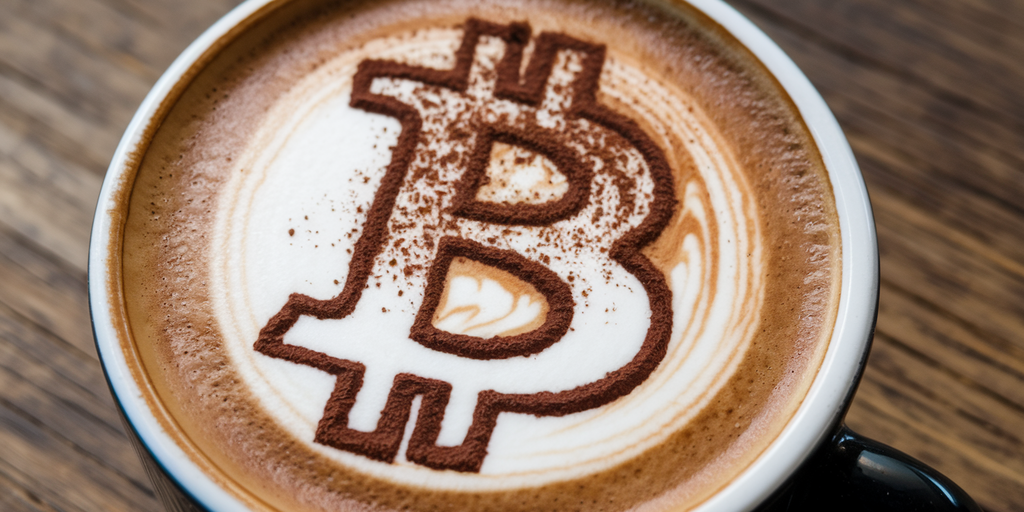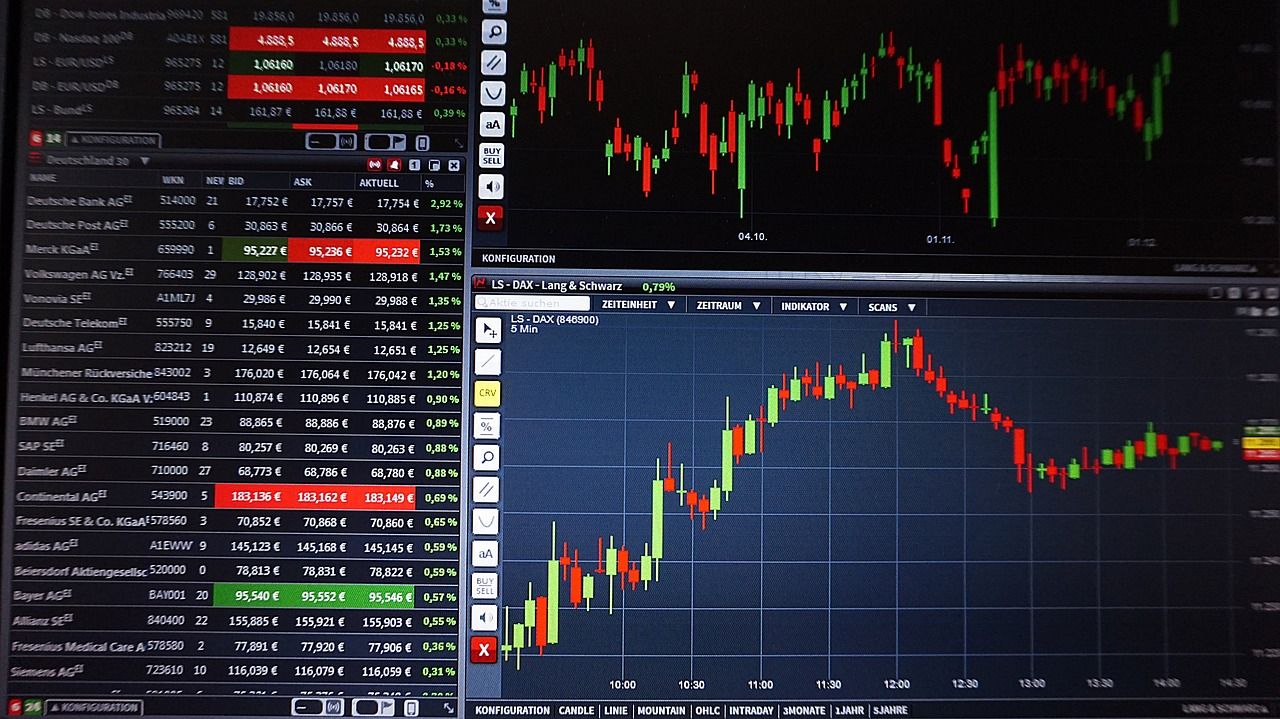South Korea’s New Law Aims to Protect Crypto Investors
New Regulations Emerge to Strengthen Investor Protection
The South Korean Financial Services Commission has introduced the Virtual Asset User Protection Act, a law aimed at protecting crypto investors by targeting unfair trading practices. The legislation comes into force on Thursday, aiming to establish a foundation for safe protection for users.
The law is a response to recent incidents, including the Terra-Luna crash and FTX’s collapse. It is expected to bring severe penalties against those engaging in unfair trading activities and establish a sound order in the virtual asset market.
Key Provisions of the Law
According to the law, crypto exchange operators are required to deposit users’ funds in financial institutions, such as banks, to protect them in the event of bankruptcy. Exchanges must also pay interest on these deposits, with local exchanges required to offer rates between 1% and 1.5%.
Exchanges are also required to keep some of their users’ virtual assets in cold wallets to protect against hacking and system failures. They are also required to obtain insurance or set aside reserves to cover potential losses.
To combat unfair trading practices, the law mandates that crypto exchanges monitor and report abnormal transactions. This includes unusual price movements or trading volumes, financial authorities, enhancing market integrity and investor protection.
Recent Initiatives by South Korean Crypto Exchanges
Earlier this month, South Korean crypto exchanges operating under the Digital Asset Exchange Alliance (DAXA) introduced guidelines to avert large-scale crypto delistings.
Those guidelines standardize criteria for supporting and terminating digital asset trading. DAXA announced a six-month review of 1,333 existing digital assets to ensure compliance, aiming to boost transparency and reduce the risk of asset removals.
Previous Regulatory Efforts
South Korea has made some efforts to regulate the industry over the years, attempting to tighten controls over how crypto is treated and traded.
Revised regulations aimed at crypto exchanges, which came into effect in March of 2021, led over 60 marketplaces to comply with the requirement to register with the country’s Financial Intelligence Unit (FIU) – the country’s anti-money laundering and counter-terrorism financial regulatory agency.
The mandate also necessitated partnerships with banks to ensure real-name accounts.
Conclusion
In conclusion, South Korea’s new law is a significant step towards protecting crypto investors by targeting unfair trading practices. The legislation aims to establish a foundation for safe protection for users and bring severe penalties against those engaging in unfair trading activities.
FAQs
Q: What is the Virtual Asset User Protection Act?
A: The Virtual Asset User Protection Act is a law introduced by the South Korean Financial Services Commission to protect crypto investors by targeting unfair trading practices.
Q: What are the key provisions of the law?
A: The law requires crypto exchange operators to deposit users’ funds in financial institutions, obtain insurance or set aside reserves, and monitor and report abnormal transactions.
Q: What are the recent initiatives by South Korean crypto exchanges?
A: Recent initiatives include guidelines introduced by DAXA to avert large-scale crypto delistings and a six-month review of 1,333 existing digital assets to ensure compliance.
Q: What are the previous regulatory efforts by South Korea?
A: Previous regulatory efforts include revised regulations aimed at crypto exchanges, which came into effect in March of 2021, and the introduction of the Act on the Reporting and Use of Special Financial Transaction Information.










